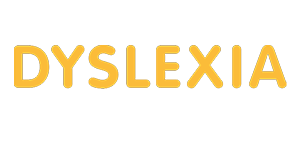Navigating the Challenges: Dyslexia and Slow Processing

November 27, 2023
Living with dyslexia and slow processing speed can present unique challenges, impacting various aspects of daily life. Dyslexia, as we know affects reading, writing, and spelling skills and often coexists with slow processing speed, making tasks that require quick thinking and swift information processing more demanding.
Individuals with dyslexia may struggle with decoding words, leading to slower reading comprehension. When coupled with slow processing speed, tasks such as note-taking and completing assignments become more time-consuming. It's important to understand that these challenges do not reflect on intelligence; rather, they highlight the need for tailored strategies and support.
In the academic realm, educators play a crucial role in providing accommodations like extended time on tests and alternative methods of assessment. Beyond the classroom, technology can be a game-changer, offering tools like audiobooks and speech-to-text software to enhance accessibility.
Embracing a growth mindset is key for individuals with dyslexia and slow processing speed. Recognising strengths, seeking support, and cultivating resilience contribute to overcoming obstacles. By fostering a supportive environment at home, in schools, and workplaces, we can empower those with dyslexia and slow processing speed to thrive and showcase their unique talents. Through awareness and understanding, we can break down barriers and create a world where everyone, regardless of their processing speed, can reach their full potential.

